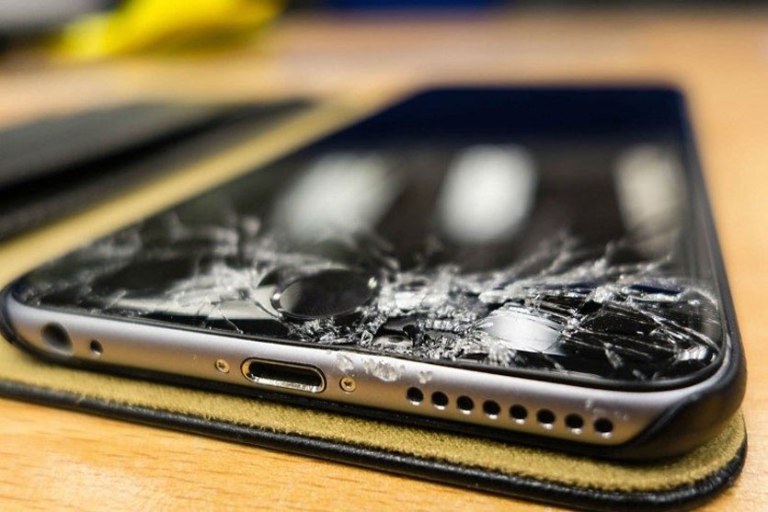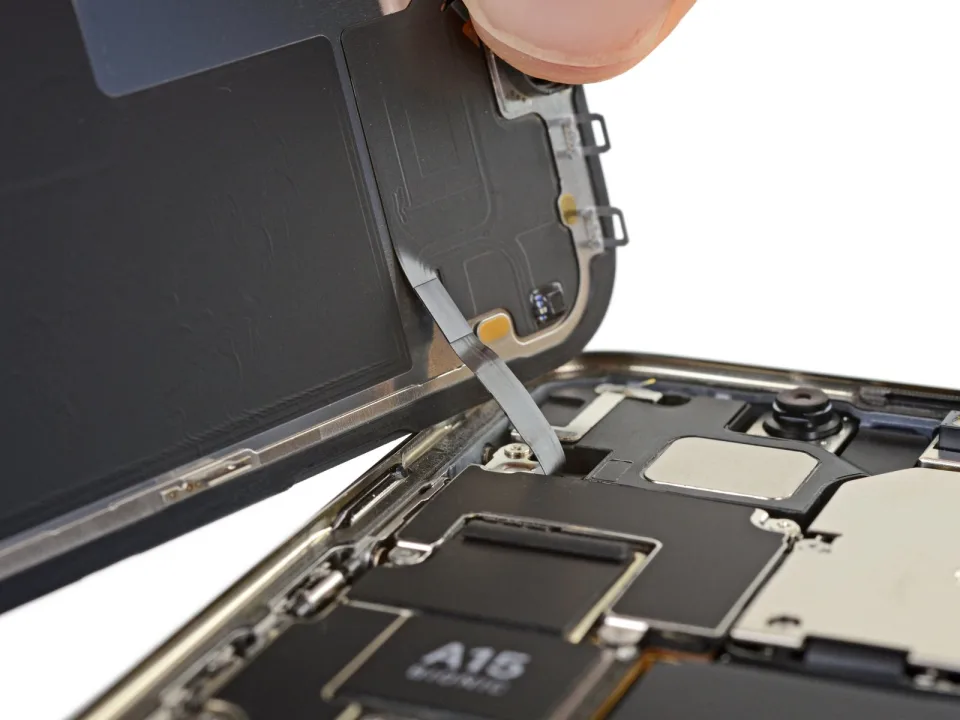Apple Opposes Right to Repair Bill
- February 10, 2024
- 0
On February 8, 2024, the Oregon State Legislature introduced SB 1596, which challenges the widespread practice of component encryption by manufacturers such as Apple. This bill differs from
On February 8, 2024, the Oregon State Legislature introduced SB 1596, which challenges the widespread practice of component encryption by manufacturers such as Apple. This bill differs from

On February 8, 2024, the Oregon State Legislature introduced SB 1596, which challenges the widespread practice of component encryption by manufacturers such as Apple. This bill differs from others in states like California in that it requires companies to provide the necessary documentation, tools and parts for repairs. It also prohibits encryption of components, limiting third-party repairs and the use of non-original parts.

Apple, a major proponent of component-based encryption, strongly opposes the bill. The company claims that encryption components help make repairs easier and keep devices and personal data safe. John Perry, a senior member of Apple’s security design team, said the legislation would force manufacturers to allow the use of parts from unknown sources, which would compromise device security.
One of the highlights of the legislative hearing was video testimony from cybersecurity expert Tara Wheeler, who underlined Apple’s firm stance on maintaining control over device repairs. This view dovetails with Apple’s broader assertion that the bill could undermine the security and integrity of device ecosystems by opening the door to third-party components and repair services that have not been vetted by original manufacturers.
Apple also pointed to recent updates to its repair processes as evidence of its efforts to meet consumer demand for more affordable repair options. These updates have streamlined the component replacement process by eliminating the need for customers to directly interact with Apple Support to do so.
The debate centers around the balance between consumers’ repair rights and the security and integrity of devices. Apple has used component encryption in the past to prevent unauthorized parts from being used, citing security concerns. For example, replacing the screen with a non-Apple part may disable features like Face ID. When replacing the battery, you can look for the “Service” message and disable the battery status monitoring function in the settings.
SB 1596 is an important moment in the current debate over right-to-repair legislation, highlighting the tension between consumer protections for more open repair ecosystems and manufacturers’ concerns about security and property control. As the bill progresses through the legislative process, the tech industry and consumers will closely monitor how this balance is struck.
Source: Port Altele
As an experienced journalist and author, Mary has been reporting on the latest news and trends for over 5 years. With a passion for uncovering the stories behind the headlines, Mary has earned a reputation as a trusted voice in the world of journalism. Her writing style is insightful, engaging and thought-provoking, as she takes a deep dive into the most pressing issues of our time.